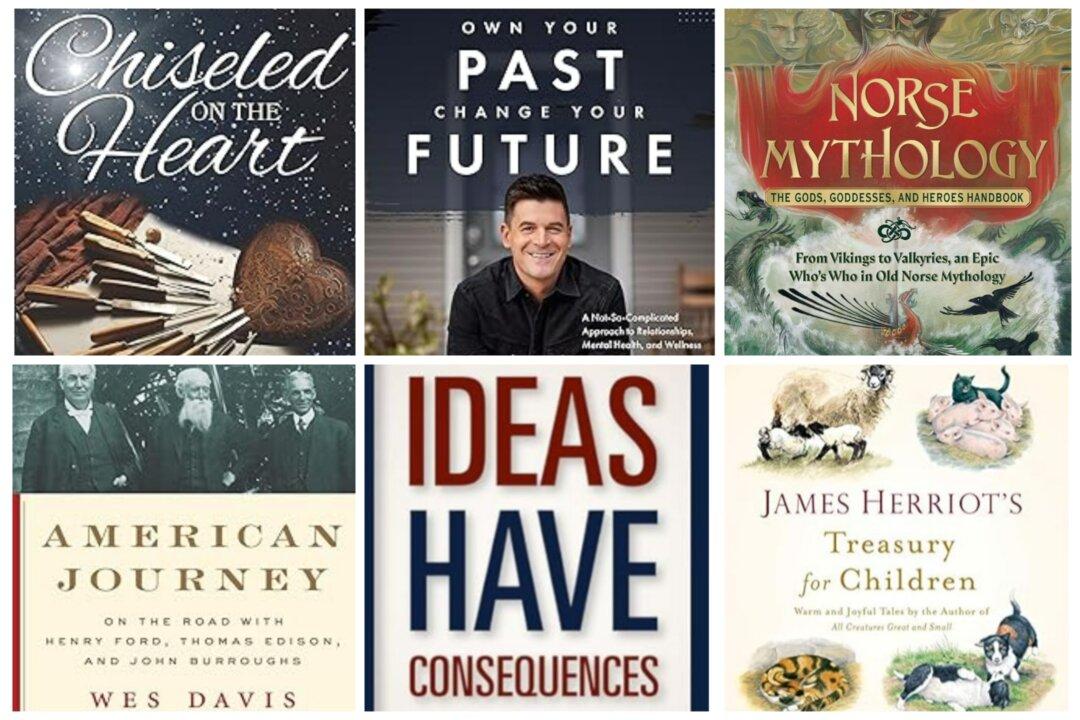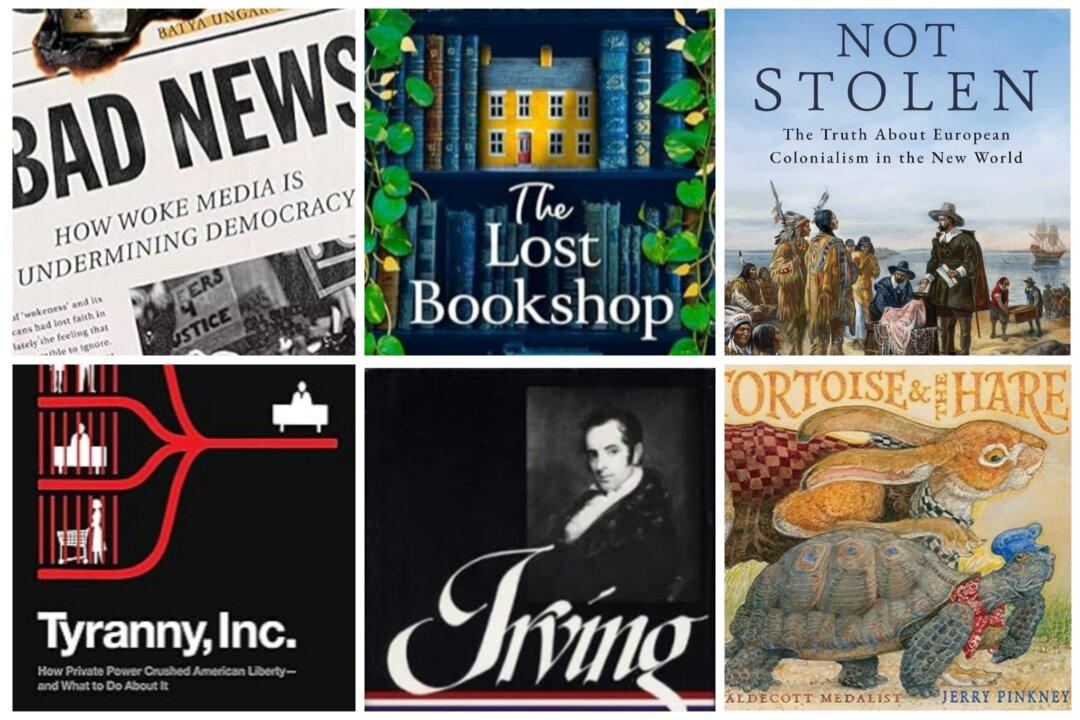It’s been long overdue but I finally made it to UVA Medical Center in Charlottesville for foot surgery. As I pen this from my laptop station aboard my bed top the leg is prone and heavily wrapped. Instructions are clear. This is the non-weight bearing stage so keep it elevated and off the ground.
Forget walking. Forget doing the laundry or preparing a meal. Forget going upstairs to my in-home office. Forget scurrying around doing anything.
My world now is bed to bathroom and back again via crutches. Curiously I’ve had a few dreams where I’m running and have to catch myself in that woozy wake-up period before an attempted leap out of bed.
I knew from the outset that this recovery would be long. I’m calling 2022, “the year of the foot” and my plan is to give it everything it needs to heal and to heal well. Once I move into the “boot” stage I’ll regain some mobility. In the meantime, I sit atop my bedside view of the world and there is time for reflection on the recovery road.
Time in the Wilderness
I missed Ash Wednesday and the imposition of ashes, an annual ritual that usually finds me in church emerging with a black cross on my forehead.
It’s the Lenten season. What perfect timing to coincide with my road to recovery.
Lent is a time of quiet reflection and spiritual discipline. It’s a time for repentance and renewal. Fashioned after Jesus’s 40-day time in the wilderness, the main focus was fasting.
I’m an Episcopalian now but was raised Catholic. Lent as a child wasn’t a particularly happy time. This notion of giving up things wasn’t a philosophy that I could totally wrap my arms around, particularly as a grade school student taught by nuns who seemed to embrace this primarily penitential season with gusto. The more we could “give up” the better, so favorite television programs, chocolate bars, going to the movies, and buying treats were all up for grabs.
Fortunately, by high school, our understanding of Lent had broadened (and some of these harsher tactics softened) so that emphasis was more on giving to others rather than giving something up. Acts of kindness and charity were encouraged.
As adults, there are plenty of meditative and contemplative programs that you can follow within your given church structure or on your own during Lent.
I do know this. There is value in spiritual renewal and quiet reflection.
And now, that my recovery absolutely requires rest, I have plenty of time to reflect without the gift of guilt to push me toward physical feats that I am simply incapable of doing at this time.
In many ways, my road to recovery has given me an extra dose of reflective time. I feel like I’m on a retreat.






